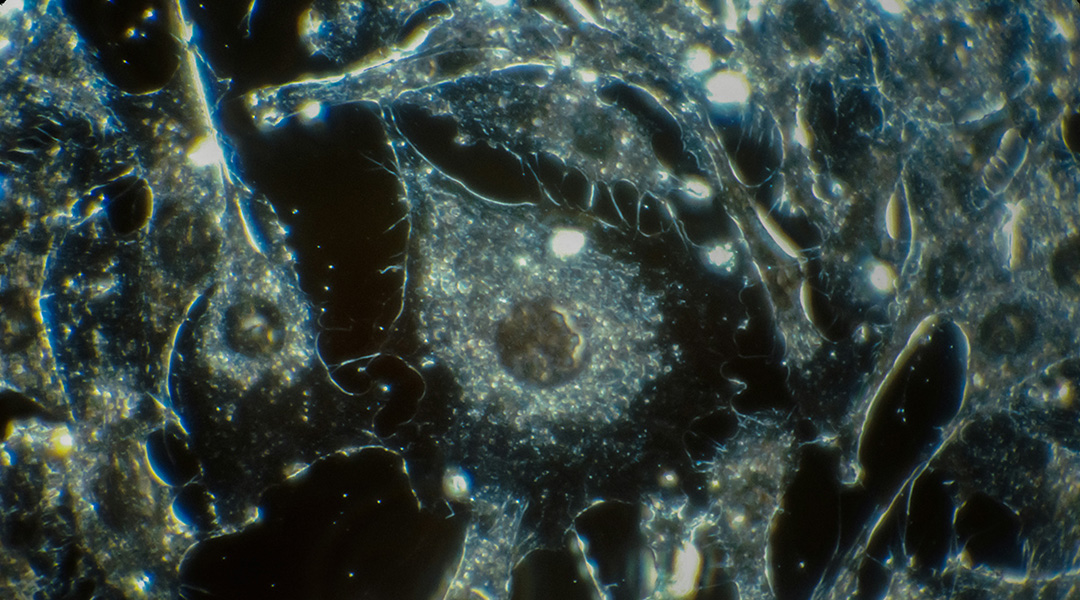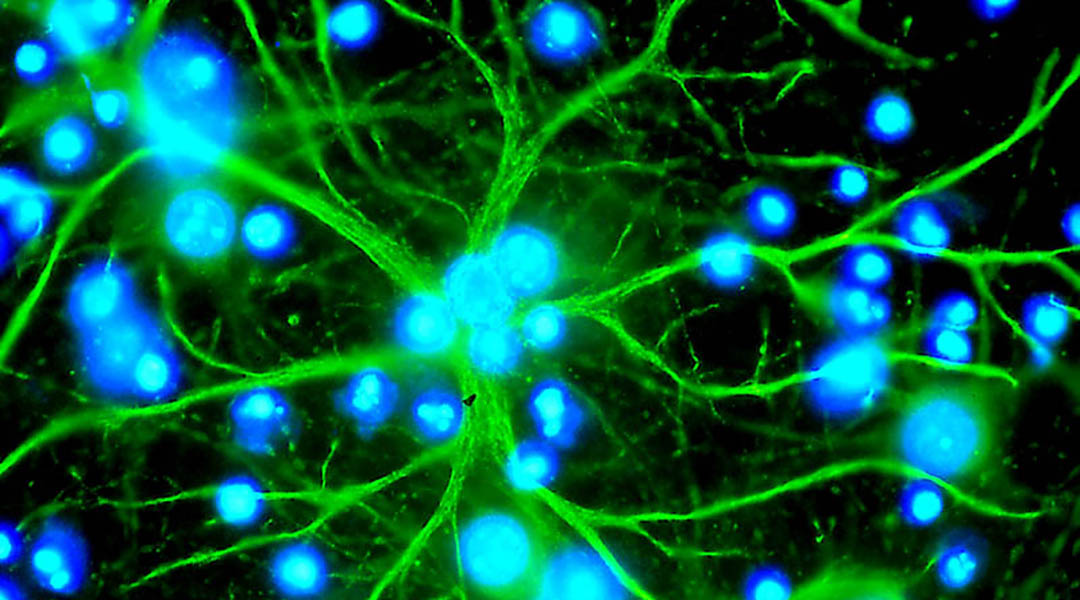Previously unobserved frequency changes in radio signals detected in a black hole binary system could change our understanding of black hole physics.


Previously unobserved frequency changes in radio signals detected in a black hole binary system could change our understanding of black hole physics.

Oscillations measured in the orbits of a pair of black holes have once again helped confirm predictions made using general relativity.

Once disruptive, phonons now improve quantum dots’ behavior, making them more reliable for quantum communication and cryptography.

Scientists have built atomic clocks with unprecedented levels of precision by harnessing quantum entanglement.

Tiny interactions between dark matter particles may resolve discrepancies between theory and astronomical observations caused by quantum tunneling.

Even tiny deviations in pendulum behavior caused by quantum gravity could be clearly noticeable, say researchers.

Mechanical therapy physically breaks down cancer cells and could help overcome the problem of treatment resistance.

A study explores how the behavior of electrons changes on the mesoscale under magnetic fields and rotation.

A group of brain cells called astrocytes might be involved in how information is conveyed within the brain’s neural networks.

Scientists use quantum entanglement to compare two atomic clocks achieving what might be the ultimate precision possible.